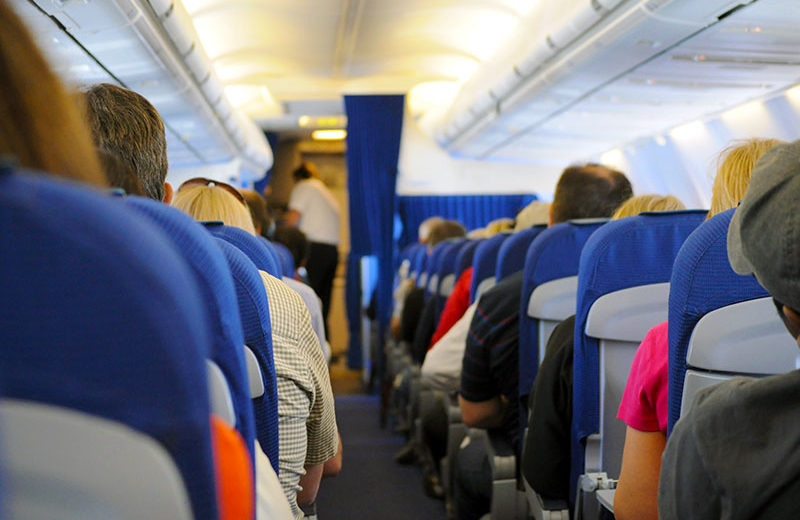When the eardrum becomes stretched and tense, barotrauma of the ear occurs due to the unequal pressure that develops on either side of the eardrum and can affect the inner, middle, and outer ear. Barotrauma is a condition that can be painful and can even lead to dulled hearing and tinnitus. Typically, this condition is often experienced by scuba divers, but it also commonly happens while riding on an airplane, particularly when the plane is ascending and descending.
For your eardrum to function correctly, there needs to be equal air pressure on both sides of the eardrum. Your eardrum is what separates the middle ear and the ear canal, but when the air pressure changes rapidly or becomes unequal outside the eardrum and in the middle ear, this can damage your eardrum. Usually, the Eustachian tube allows outside air to enter the middle ear to help maintain equal pressure on both sides of the eardrum. The Eustachian tube connects the back of the nose to the middle ear, so when the outside air pressure changes suddenly, air will run through the tube to equalize the pressure. However, for scuba divers and airplane passengers, air pressure outside the ear can increase quickly which then pushes the eardrum inward, causing ear pain and potentially dulled hearing. Luckily, while the pain can be severe, in most cases there is no severe damage done to the ear. Occasionally, the eardrum can tear, but this usually heals by itself in several weeks.
So how can you prevent ear pain when you go scuba diving or when you fly? Luckily, there are some simple ways to help prevent ear barotrauma, aka airplane ear. If you are looking for some ways to prevent ear pain, check out these helpful ear barotrauma tips.





